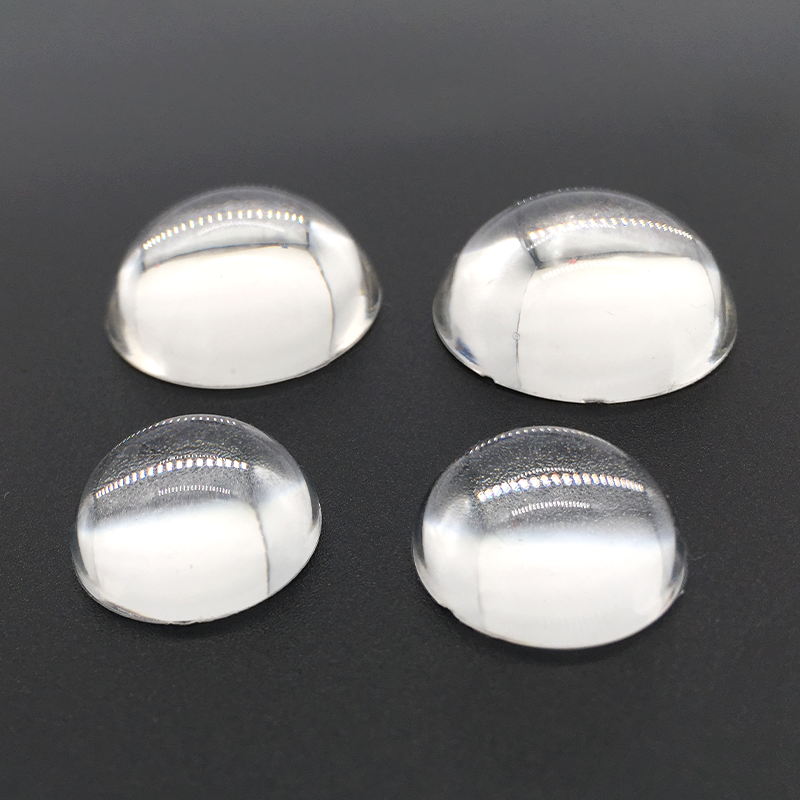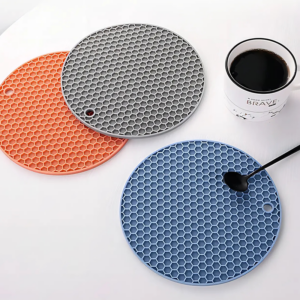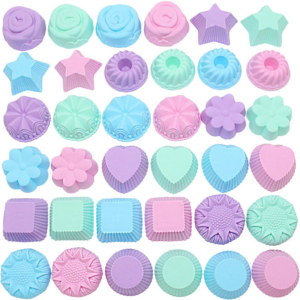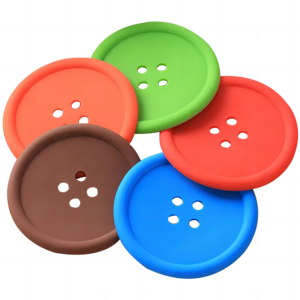Optical-Grade Liquid Silicone Rubber Lens LSR Supplier
Glass used to be the go-to material for many optical and lighting needs. But nowadays, a cool alternative called optical liquid silicone rubber (LSR) is taking its place in lots of places. Think about those new LED light bulbs—instead of glass, they often use LSR, along with plastics like polycarbonate and acrylic resins. LSR is great for stuff like lens covers and light pipes.
These lenses are commonly used in demanding optical applications such as camera lenses, optical sensors, and lasers. Here’s the LSR LIM Molding process for this product:
Liquid Silicone Rubber (LSR): LSR is an advanced material known for its excellent optical performance and durability. It can be utilized in the Liquid Injection Molding (LIM) process to manufacture lenses with high precision and optical quality.
LSR LIM Molding Process: LSR LIM Molding is an advanced manufacturing process suitable for producing lenses with complex shapes and microstructures. The process involves injecting liquid silicone rubber into pre-designed molds and then curing it under specific temperature and pressure conditions. This process ensures high precision and consistency, guaranteeing the optical performance and quality of the lenses.
High Optical Grade: Suppliers typically offer liquid silicone rubber materials with high optical grades, ensuring lenses with excellent transparency, scratch resistance, UV resistance, and durability. Through the LSR LIM Molding process, lenses with optical-grade quality can be produced to meet various optical application requirements.
Optical-Grade Liquid Silicone Rubber Lens LSR Supplier utilizes the LSR LIM Molding process to manufacture lenses with excellent optical performance and quality using high optical-grade liquid silicone rubber materials. These lenses are suitable for a wide range of demanding optical applications.
Applications of Silicone Rubber in Optics
- Bar-code Scanners, Document Scanners, and Spectrometers:Silicone rubber is commonly used in these devices to ensure smooth operation and accurate readings.
- Optical Liquid Silicone Rubber (LSR) Applications:LSR is a go-to choice for any application requiring clear optics, including imagery, scanning, light detection, and illumination. It’s versatile and offers high clarity, making it ideal for various optical components.
- Telecommunications Products:Silicone rubber plays a crucial role in telecommunications equipment, ensuring clear transmission and reception of signals.
- Microlens Arrays and Diffractive Optical Elements:In advanced optical systems, microlens arrays and diffractive optical elements benefit from the clarity and durability of silicone rubber.
- LED Lights:The growing use of LEDs in various applications is accompanied by an increased demand for silicone rubber, which helps enhance the performance and longevity of LED lights.
- Solar Collectors:Silicone rubber is utilized in solar collectors to improve efficiency by ensuring optimal light transmission and durability.
- Portable Electronics:From smartphones to tablets, silicone rubber contributes to the functionality and reliability of portable electronic devices.
- Light Pipes and Windows:Light pipes and windows made with silicone rubber offer clear visibility and efficient light transmission.
- Optical Filters, Prisms, and Beam Splitters:These essential optical components benefit from the clarity and versatility of silicone rubber, ensuring precise light manipulation and control.
- All Types of Lenses:Silicone rubber is used in the production of various lenses, including camera lenses, microscope lenses, and eyeglass lenses, providing clarity and durability for optical systems.



